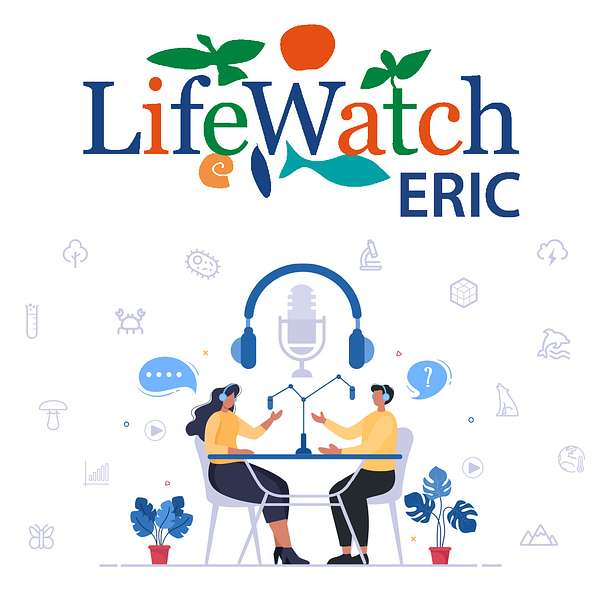
LifeWatch ERIC
LifeWatch ERIC
#47 The need to conserve and manage biodiversity
Alberto Basset, Professor of Ecology at the University of Salento and Director of the LifeWatch ERIC Service Centre in Italy, in his third podcast "The need to conserve and manage biodiversity" argues there is no longer much wilderness left in the world. Large areas of our planet have been rebuilt, ecosystems fragmented and forests destroyed in Europe and much of North America, where we have actually rebuilt our own human ecosystem, changing the landscape and importing alien species from elsewhere. This not only affects biodiversity that developed over millions of years, but also ecosystem services that are essential for human life, services that we don't even properly understand. The air we breathe, for example, the oxygen produced through photosynthesis, the benefits of nutrient cycling, tidal waters that protect us against disaster and food production.
One great problem is that we are driving to extinction species that we have not yet even classified, in the rainforest canopies that we are rapidly destroying or organisms in the soil that we are losing because of pollution. Beyond the ethical value of biodiversity, we need to avoid further destruction and rebuild and preserve ecosystems, and then better understand the way that some species connect different potentially isolated ecosystems giving stability to the whole area, like eagles in Europe or whales in the ocean. Humans represent most of the biomass of mammals on the planet, and we are eating a lot of resources, consuming 30% of what our planet can produce, and that is putting species at risk of extinction. So it is our responsibility to move urgently towards large scale management of our natural environment and manage our wilderness areas better.

